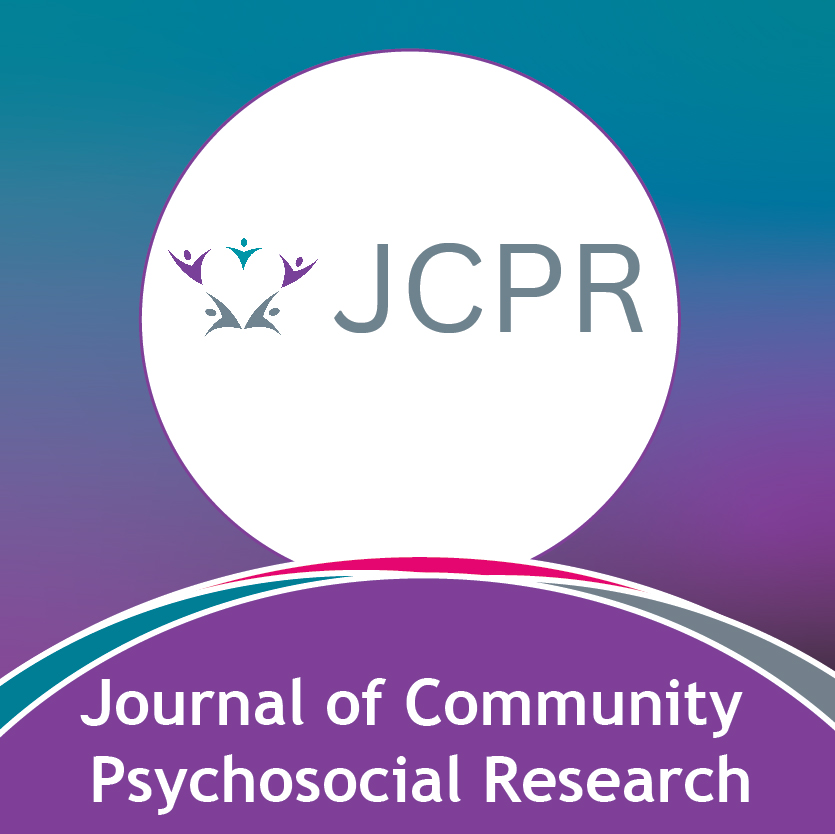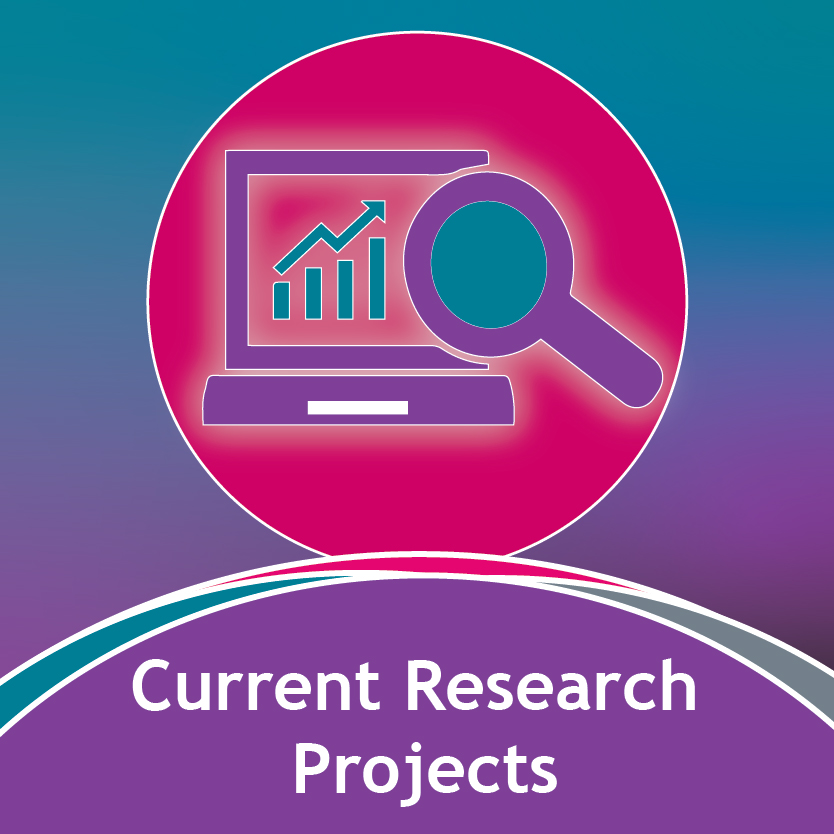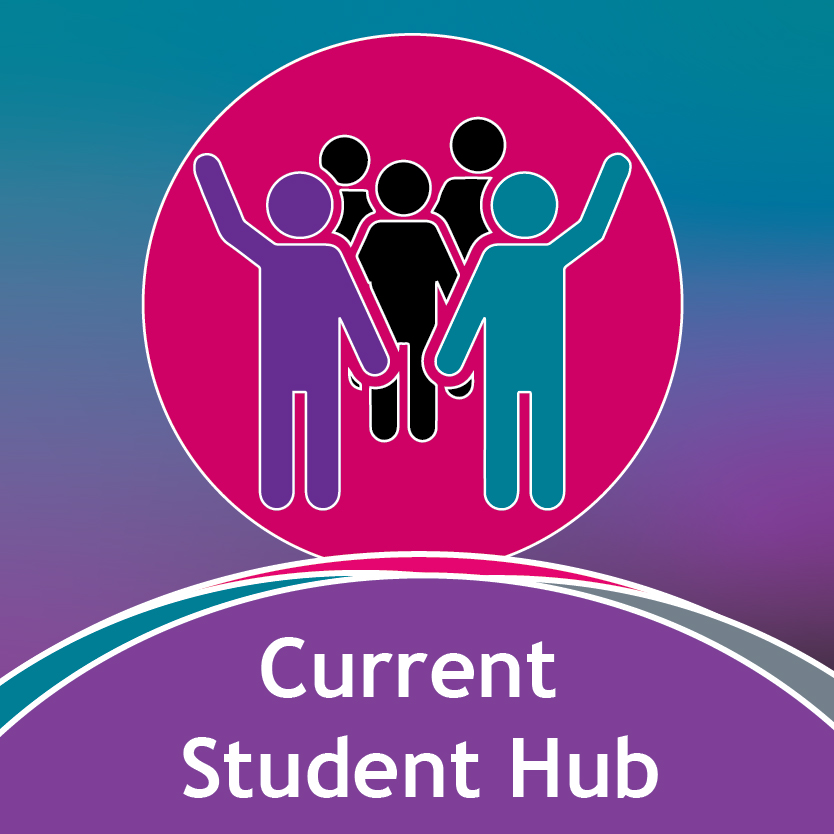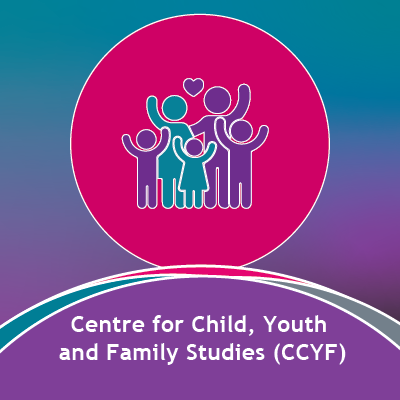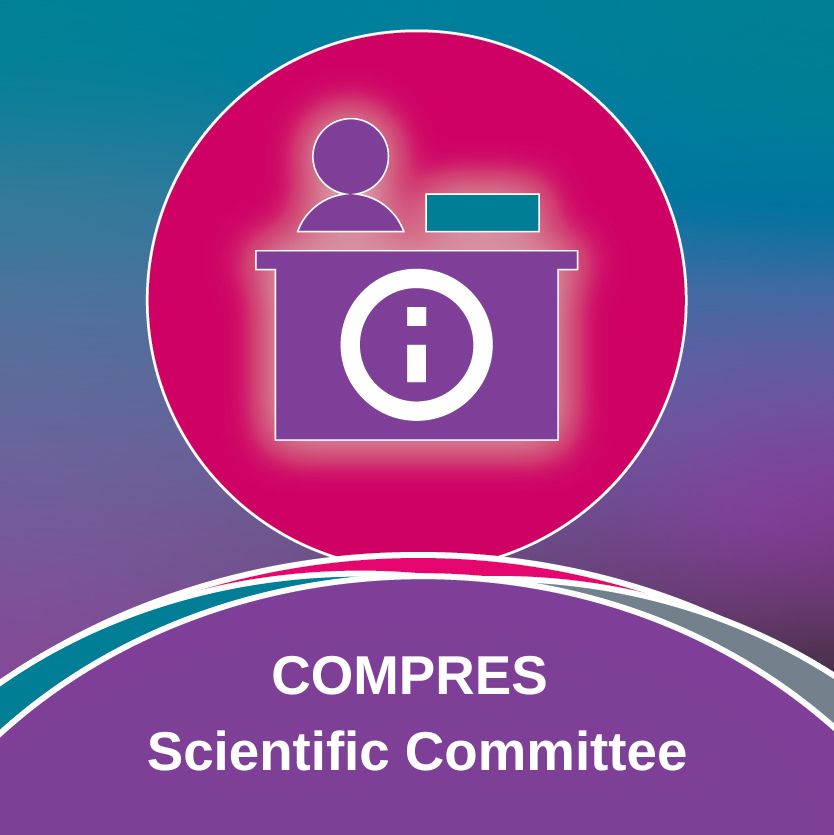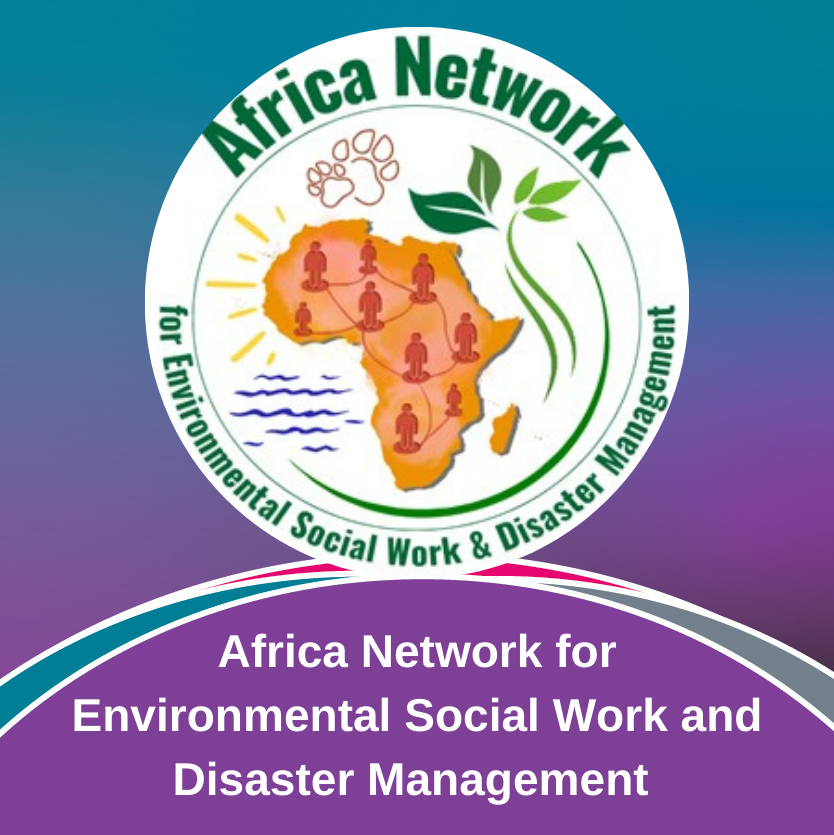Writing Cabin in Wellington, Western Cape
COMPRES is excited to partner with the Centre for Child, Youth, and Family Studies (CCYF) at North-West University to bring researchers a unique retreat space: The Writing Cabin. Set in the scenic Winelands at NWU's Western Cape Regional Office, this space is crafted for researchers, academics, and postgraduate students needing dedicated time for their scientific writing projects.
Click here for more information
Features of The Writing Cabin Retreat:
- Focused Workspace: Dedicated areas for productive writing with high-speed internet, access to NWU networks, a small research library, and both a consensus board room and a caucus room for small-group sessions.
- Serene Accommodation: Single-occupancy rooms (couples can be accommodated), with self-catering facilities, a private garden, and stoep with braai amenities.
- Support Services: Access to a team trained in research methodology, transcription services, and publication guidance.
- Wellness and Care: Counseling and mentorship support, ideal for those facing academic burnout or career obstacles, with nearby facilities for meditation, art therapy, and nature walks.
Who Should Consider This Retreat?
- Researchers finalising theses, papers, or proposals.
- Academic Staff working on course material or seeking career growth.
- Postgraduate Students needing quiet space for intense writing.
- Early-Career and Senior Academics looking to publish or re-focus their trajectory.
- Interdisciplinary Scholars seeking inspiration and collaboration opportunities.
With daily and weekly packages, the Writing Cabin is designed to nurture both productivity and well-being. For those immersed in their academic journey, this retreat provides the ideal mix of solitude and support.
For bookings and inquiries:
Mrs. Louise van Wyk at 021 - 864 3593
Louise.VanWyk@nwu.ac.za
COMPRES Researchers at the 33rd International Congress of Psychology

Africa Network for Environmental Social Work and Disaster Management (ANESW)
Visit the dedicated page for ANESW by clicking here

Our Social Work Research Projects
At COMPRES we celebrate the tireless dedication of child protection social workers who play a vital role in safeguarding the well-being of vulnerable children and families. Empowering these professionals involves providing the necessary resources, training, and support to navigate complex cases and advocate for children's rights effectively. By investing in their professional development and fostering a supportive work environment, we enable these social workers to make a meaningful impact in the lives of those they serve, ensuring that every child can thrive in a safe and nurturing environment.
Follow Prof Elmien Crofford, NRF-rated researcher at COMPRES, for impactful research on this topic.
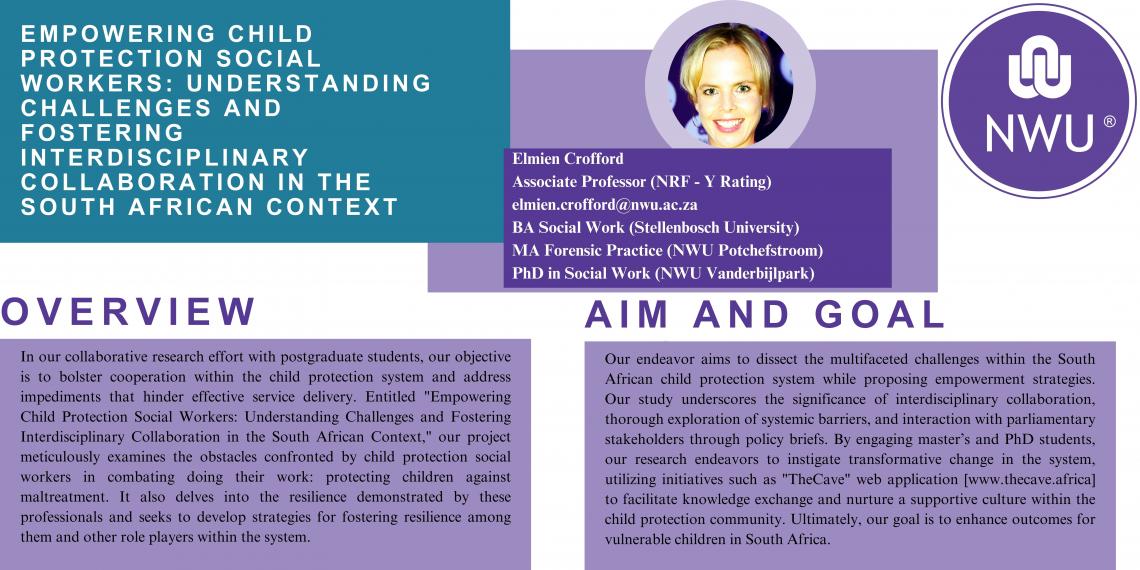
Follow Dr Lucé Pretorius a COMPRES researcher for more research on this extra-ordinary project.
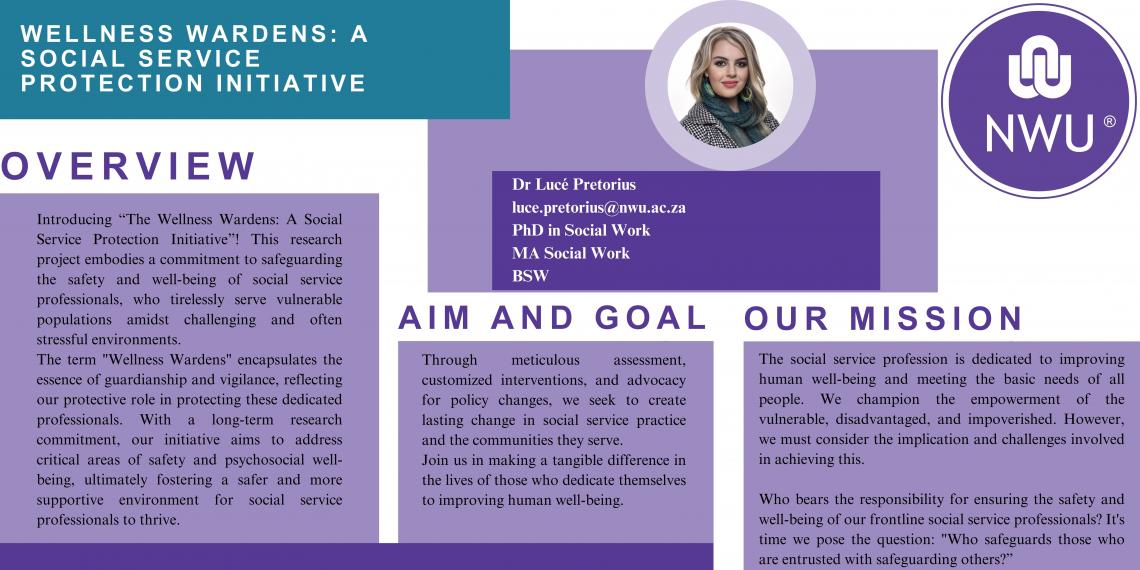
We also celebrate the unique contributions of our researchers that advocate for the protection of our children during this celebration month.
By leveraging international evidence and tailoring interventions to the specific cultural and contextual nuances of South Africa, this research seek to create effective and sustainable prevention measures to safeguard the well-being of children in our communities.
Follow the work of Prof Lizane Wilson on her quest to protect the children of South Africa.
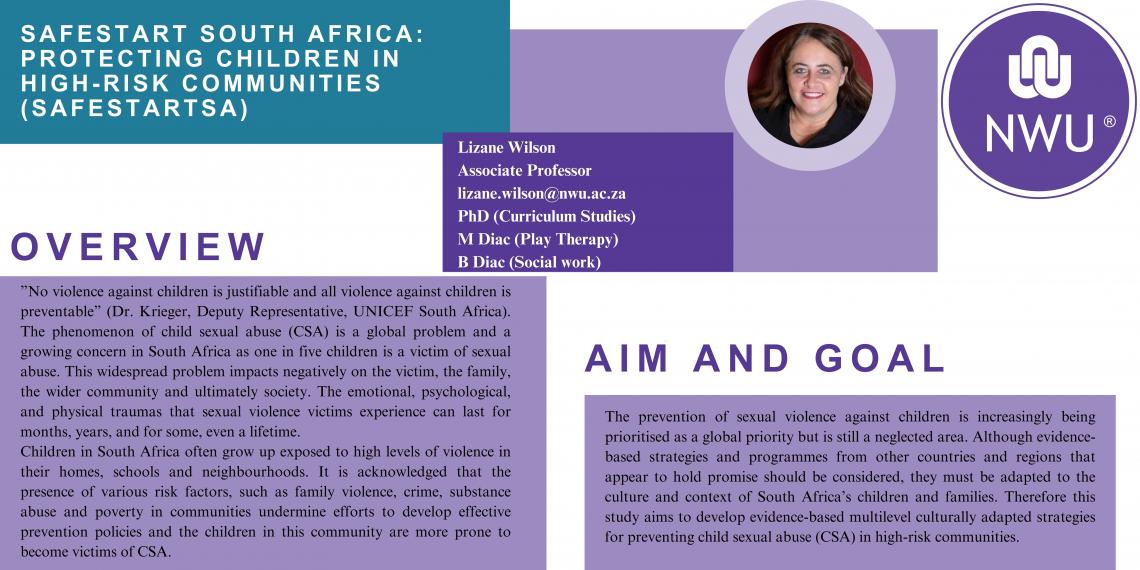
Vision and Mission
The vision of the research focus area, Community Psychosocial Research (COMPRES), is to conduct scientific and evidence-based research of high quality within community psychosocial wellness in appropriate South African contexts with the aim to prevent pathology and to improve psychosocial well-being.
In addition, we want to establish ourselves as leading role-players in community psychosocial research in the wider Southern Africa and by achieving this we would like to develop and provide appropriate models for the understanding of and addressing community psychosocial adversities and well-being within a developing context.
Community Psychosocial Research (COMPRES) is a research focus area within the Faculty of Health Science and is the research home for researchers from the School of Psychosocial Health and the Centre for Child, Youth and Family Studies (CCYF). It officially opened its doors in January 2015.
Community Psychosocial Research (COMPRES) also emphasises the importance of a community presence, which symbolises what we stand for and where not only the researchers, but also community members − who are invaluable and who play an active role in the research projects − feel at home.
Map and Directions










